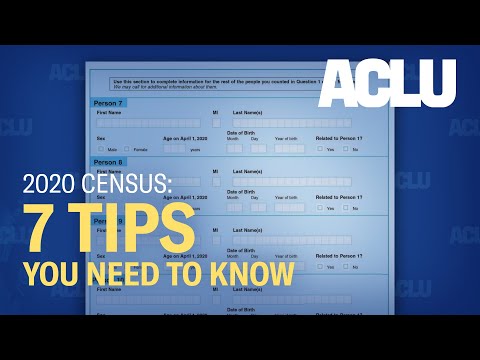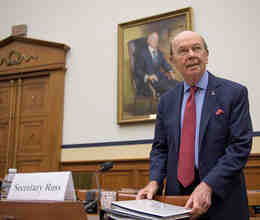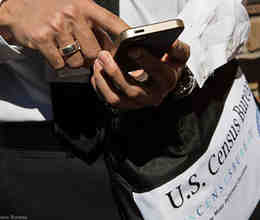Every 10 years, the federal government conducts a census to count all people in the United States. Everyone should be counted without exception — and you can make that happen. You can fill out the census online, by phone, or by the mail (just remember: don’t lick the envelope!). Online, it takes just 10 minutes.
An accurate census count is vital to a strong democracy. Responding to the census is our civic duty. This is something you can now do from home because the census is moving forward.
As a result of the current health crisis, the U.S. Census Bureau has delayed a few originally planned outreach operations for a couple of weeks, but self-response from American residents has always been the most critical part of the census and self-response to the census is going on now.
Responding to the census has never been easier, and it is something we can all do from home during this self isolation period. You can respond online, over the phone or by mail — without having to meet a census taker or have any in-person interactions. Have questions? Check out our FAQ resource here.








